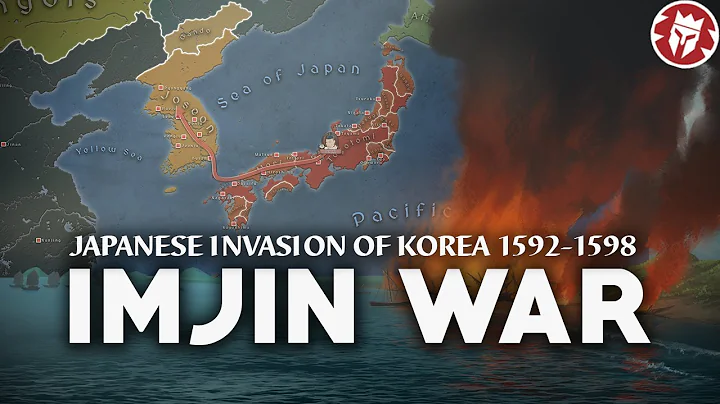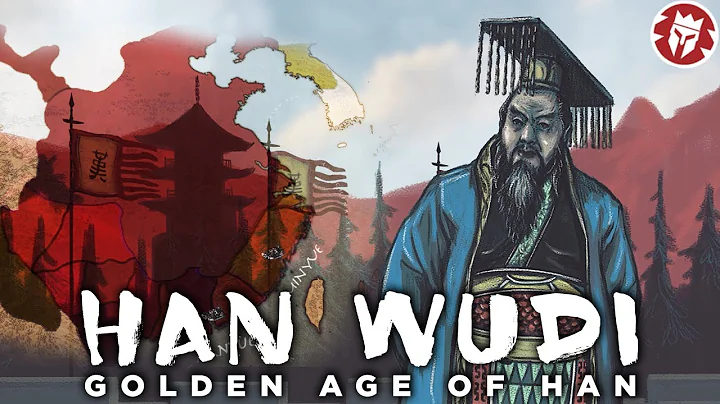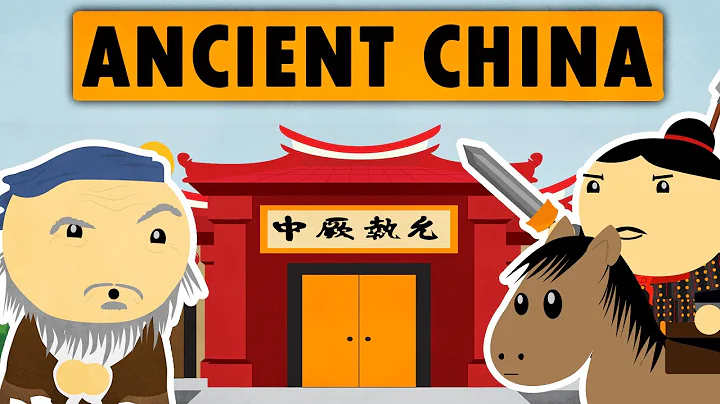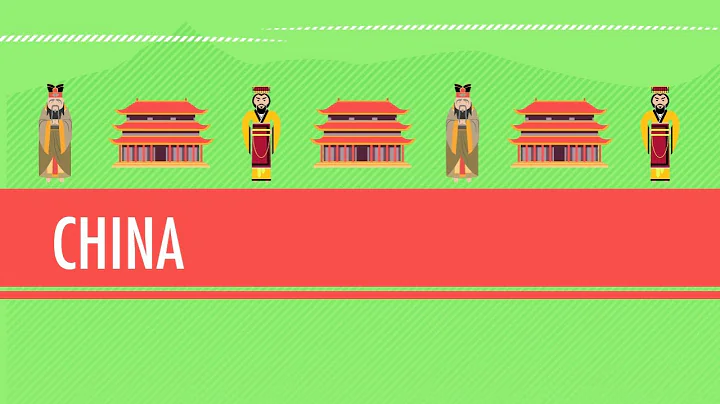In the Spring and Autumn Period and the Warring States Period, the flames of flames lasted for a long time. In the attack after attack, the Spring and Autumn Five Hegemons and the Seven Heroes of the Warring States emerged one after another. During the Warring States Period, the Qi, Chu, Yan, South Korea, Zhao, Wei, and Qin countries were superior in strength and became the seven hegemons of this era.
However, there is no room for two tigers in one mountain, and there is no mutual sympathy among heroes between countries, and they attack each other. Even if it was not a dominant country for a while, it could not escape the harassment of war. South Korea and Zheng Guo had a long-term confrontation, and in the end South Korea became the winner.

First of all, let us first take a look at what it means that Korea is the "weakest" country in the question. South Korea originated from the three divisions of Han, Zhao, and Wei. In the twenty-third year of King Zhou Weilie (403 before), the Three Kingdoms was officially granted by Emperor Zhou, Korea's identity as a vassal state was confirmed, and Han Jinghou officially became a prince.
However, South Korea is located in the Central Plains, the east and north are surrounded by Wei, the west is bordered by Qin, the south is across the river from Chu, and there is a nominal national center-Luoyang next to it. South Korea has no room for expansion except a country or a country. Among the Seven Heroes of the Warring States Period, South Korea has the smallest territory.
is due to limited land and lack of development space. South Korea has not only been prosperous for a short period of time, it has also become a target of "oppression" by the other six countries. In the struggle between Wei and Qi, South Korea became the cannon fodder. The Battle of Maling in the 28th year of King Zhou Xian (341 BC) was closely related to South Korea being caught in the middle and struggling to death. At the end of the Warring States Period, Qin and Qi competed, and the weak South Korea also became a conflict and degraded zone, struggling to survive.

Judging from the experience of South Korea in the hundred years of the Warring States Period, South Korea is indeed the weakest country among the seven heroes. As the subject said, South Korea indeed defeated Zheng Guo. It's just that this incident actually happened before the emergence of the Seven Heroes of the Warring States Period, in the more distant first year of King Zhou Lie (375 before).
Zheng Guoben is regarded as the first big country to develop during the Spring and Autumn Period, and he has won the closeness and trust of Emperor Zhou. At that time, Zheng's natural conditions were also very good, and the agricultural output was also high. However, such a country with the right time and place, has gradually declined from the central government due to the fierce political struggles, frequent changes in royal power, and fierce internal struggles.
Although Zheng Guo is in decline, its neighboring countries are trying to find a way out. The state of Chu in the south became more and more out of the control of Emperor Zhou and continued to annex the tribes in the south; the trend of changing hands in the north of Jin became more and more obvious; the state of Qi in the northeast, with the advancement of reforms, appeared overlords like Qi Huangong... Actually, Zheng's situation and later South Korea’s situation is similar. They are all caught in the middle of big countries, lacking room for development and sometimes worrying about being destroyed.

It is these two disadvantaged "small countries" that finally launched an offensive against neighboring countries. In the early days, the two countries were actually evenly divided, with Han and Zheng both winning and losing. Even in the 16th year of Zheng Yugong (41 414 before), Zheng Guo defeated the Han army at the defeat. In the 23rd year of Zheng Yugong (before 407), Zheng Guo's army still besieged the Han army in Yangdi. However, in the end, South Korea won, which is inseparable from several advantages of South Korea.
First of all, South Korea has gradually moved on to the right track after three separate promotions, and its society is relatively stable. As we mentioned earlier, in the late Spring and Autumn Period, Zheng Guo's monarch changed frequently, political struggles were fierce, and the country was turbulent. In the reign of King Zhou Weilie, Korea was recognized by Zhou Tianzi and gradually developed as a vassal state.
The political stability means that a country has a good environment for the development of agriculture and commerce. Indeed, during the period from when Han Jinghou was formally canonized as a prince and when Han Aihou eliminated Zheng, South Korea developed rapidly and its national strength gradually increased.
Because it is located in the Central Plains and borders many countries, South Korea’s business activities are extremely prosperous. Horses from the north, fish from the south, salt from the east, leather from the west...almost as long as people need it, they can be found in the Korean market. From another perspective, as long as the South Korean military needs to purchase supplies, they can obtain supplies from multiple channels. This has provided development convenience for its military.
On the other hand, the development of commerce and trade means an increase in national taxation . In other words, the South Korean central government can provide more financial support to the military. For ancient wars, soldiers and horses could not move, but food and grass must go first. South Korea’s growing financial strength has given South Korea the confidence to confront Zheng Guo for a long time.
In addition, Korean agriculture also developed rapidly during this period. During the Han Aihou period, Korea generally used fertilization to improve the soil. This not only directly turns wasteland into fertile soil, but also greatly improves grain yield. Without the backing of South Korean agriculture, it is impossible for South Korea to eliminate the country of Zheng who is similar to its own territory.

In fact, as early as the Han Jinghou period, South Korea and Zheng played against each other many times, and both sides had their own victories. In the more than 40 years since arriving at Han Aihou to destroy Zheng, South Korea has also summed up a lot of experience in attacking Zheng. Zheng Guo's soldiers are not stupid, and will not easily let the South Korean army attack. But unlike South Korea, Zheng Guo cannot respond to the enemy wholeheartedly, but has to devote his energy to resolve domestic conflicts.
In the face of life and death, it is obviously inappropriate to focus on two tasks. South Korea and Zheng Guo are in similar situations, but over time, the gap between national conditions has widened. They are like a race between the tortoise and the hare, and Zheng Guo "abandons himself" after the spring and autumn season. However, South Korea caught up little by little, and finally eliminated this opponent that had faced off for many years.


![[Full Movie] Rise of Tang Dynasty 1 | Chinese History & War Action film HD - DayDayNews](https://i.ytimg.com/vi/_C0q_Lek3jA/hq720.jpg?sqp=-oaymwEcCNAFEJQDSFXyq4qpAw4IARUAAIhCGAFwAcABBg==&rs=AOn4CLA9rePuhzXKdGcDwUFZ1RNN3GynaQ)


















